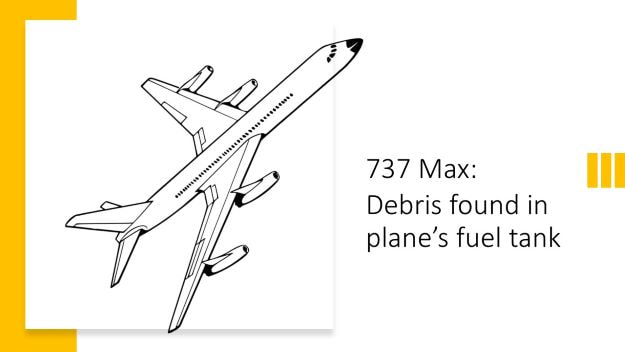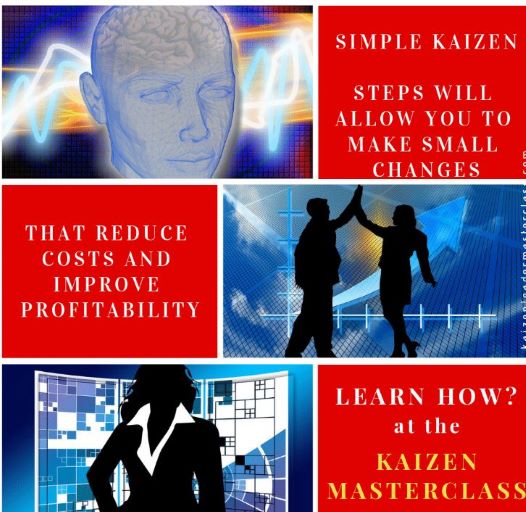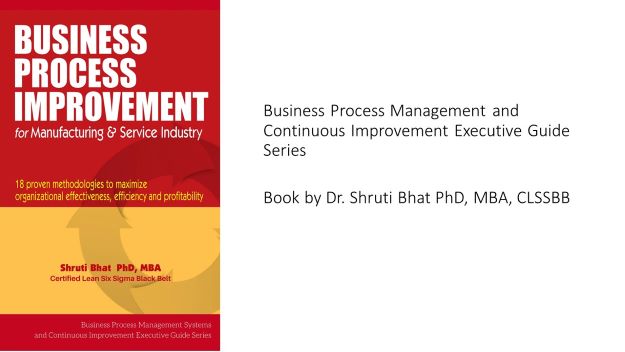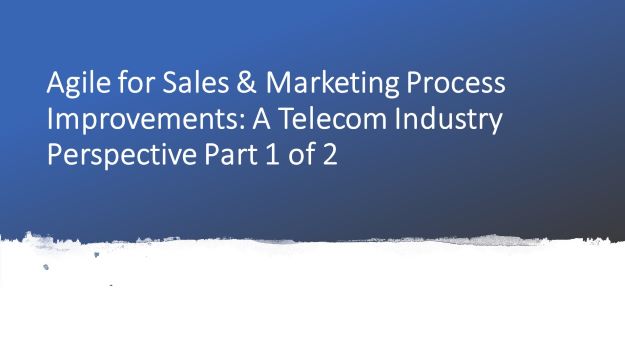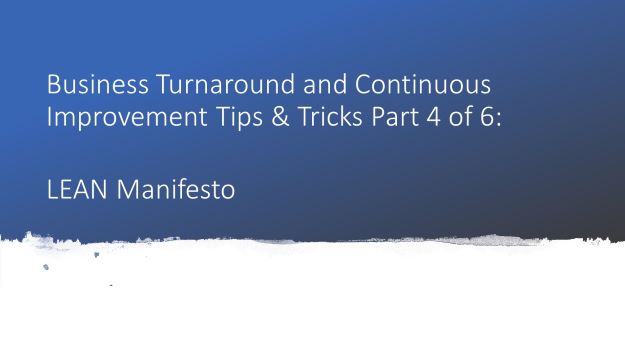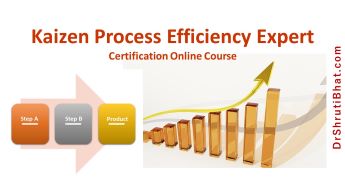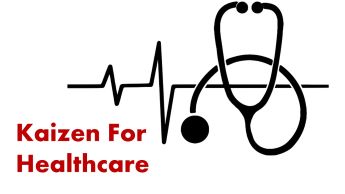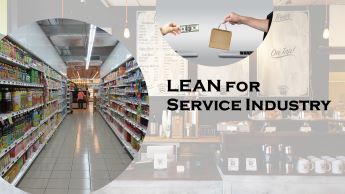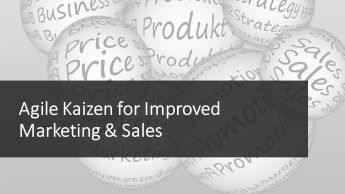- Establish SMART goals. SMART goals stand for specific, measurable, achievable, relevant, and time bound. These goals should be set with a mix of broad and specific KPIs to measure their achievement. Make sure these goals are aligned with the company's mission. Once everyone understands the company's goals and how they tie them to the business strategy, it will be easier to implement changes and achieve success.
- Develop a strategy. The best way to achieve a SMART goal is to develop a strategy and then implement it. There are five key best practices for achieving SMART goals in various industries. Depending on the focus area of the company, each best practice will have different advantages and disadvantages. But if you're trying to make a difference in your company's bottom line, implementing an operational excellence methodology will help you achieve your goals and stay competitive.
- Focus on improving processes. The most effective companies implement processes and strategies to improve their processes. While it is true that achieving a SMART goal involves time-consuming manual work, it is also an excellent way to achieve future-proof your business. To help you improve your operations, consider implementing technology. There are many benefits to implementing technological innovations. You will be able to improve your business while keeping your employees happy.
Read more about how to develop strategy and improve processes for achieving operational excellence here.
- Develop a strong management team. A single team implementing operational excellence should benefit the entire organization. Managing operations will ensure the longevity and success of a company. In addition, operational excellence leads to a higher level of performance. And since it is a process, it can evolve over time. As a result, you must adapt to new trends and continue to improve your business. Once you've mastered operational excellence, you can implement change to achieve the next level of success.
Related reading:
#operationalexcellence #operationalexcellenceforretailindustry #strategicdecisionmaking #strategymanagement #decisiontools #decisionmaking #strategicplanning #challengesofdecisionmaking #strategy #retailindustry


